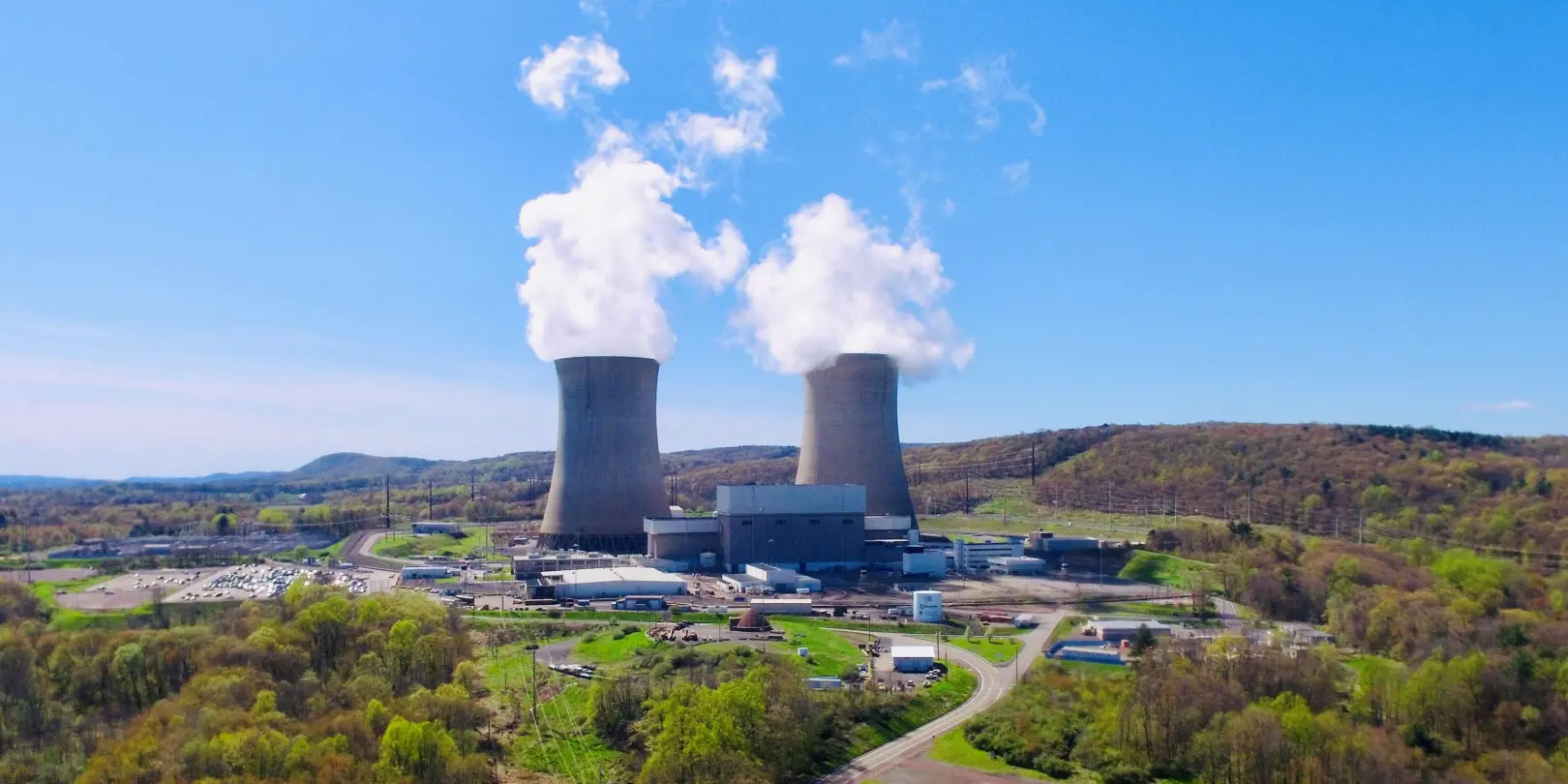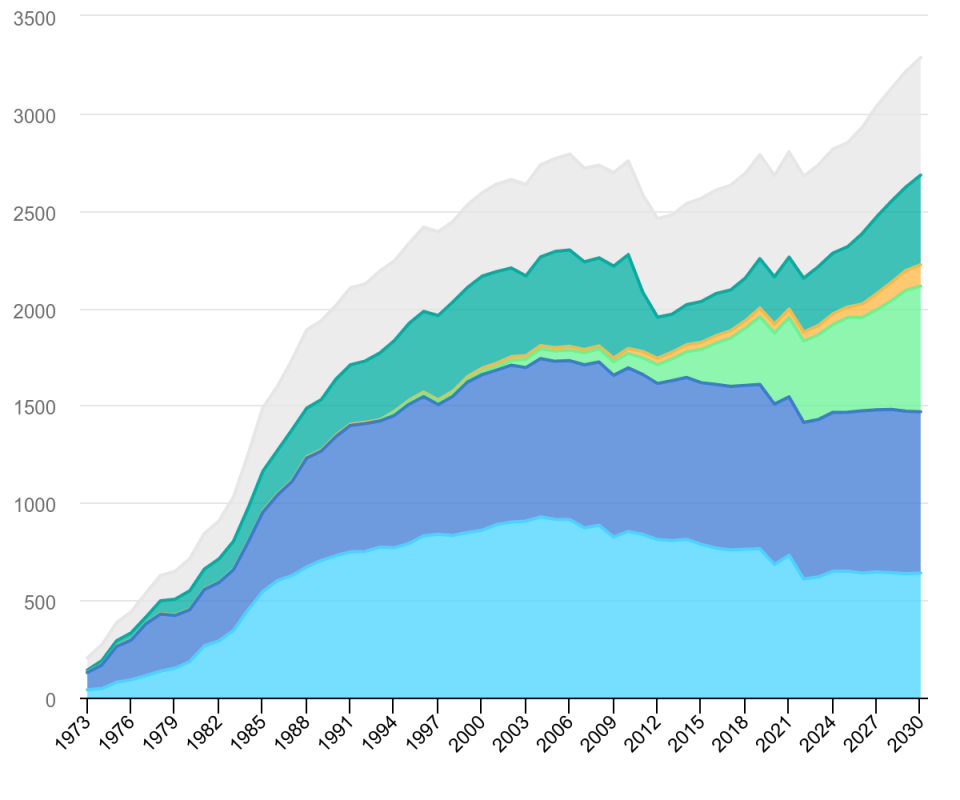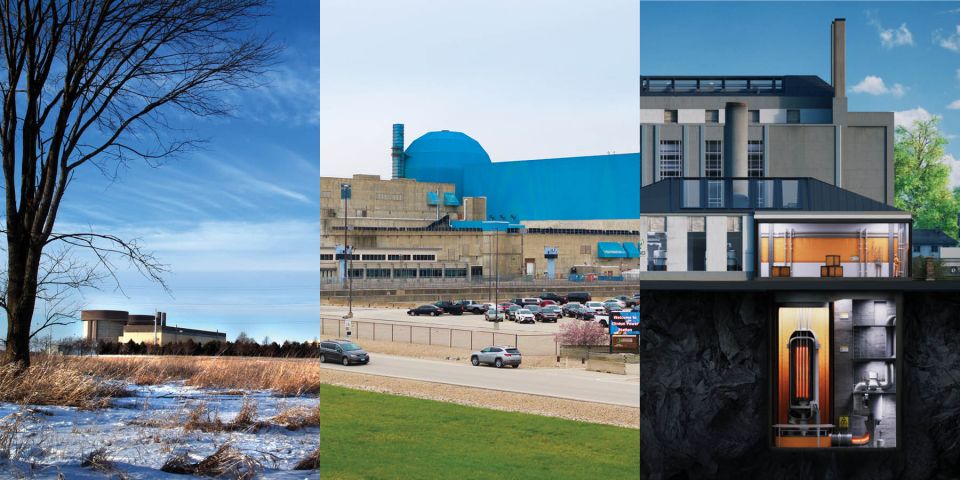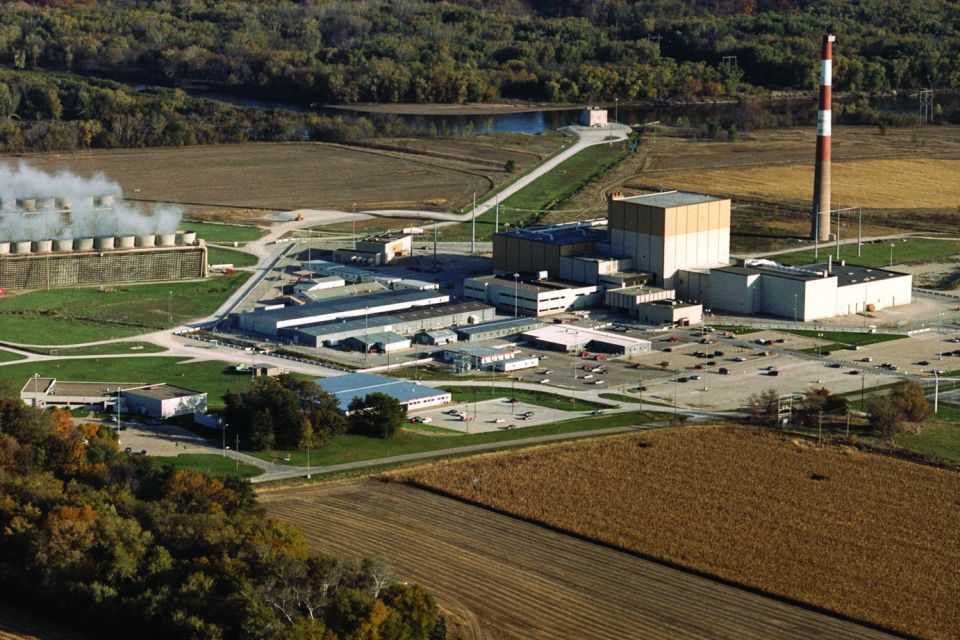FERC rejects interconnection deal for Talen-Amazon data centers

The Federal Energy Regulatory Commission has denied plans for Talen Energy to supply additional on-site power to an Amazon Web Services’ data center campus from the neighboring Susquehanna nuclear plant in Pennsylvania.

-3 2x1.jpg)






